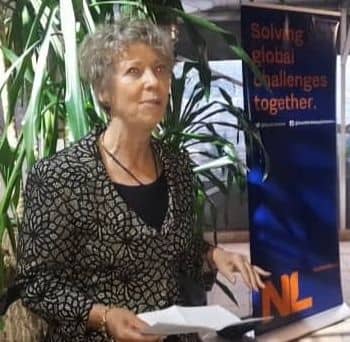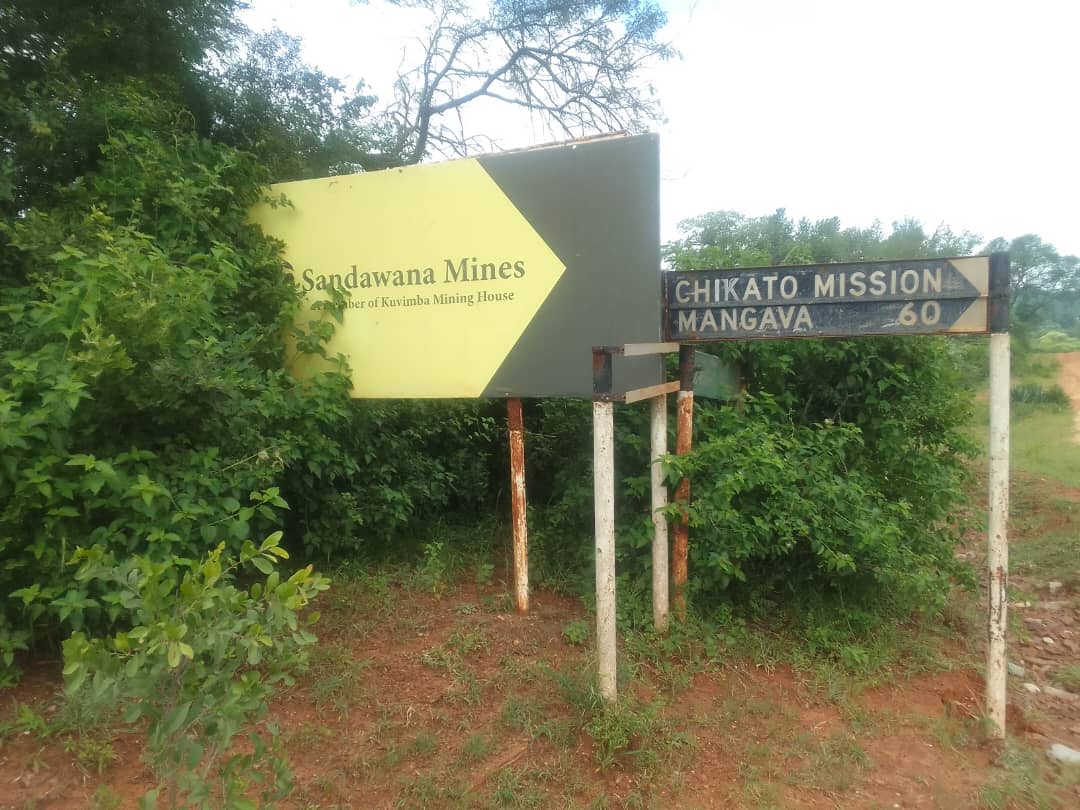Moses Ziyambi
The Dutch Ambassador to Zimbabwe, Margret Verwijk has lamented the impact of climate change on Zimbabwe’s food security, saying all stakeholders needed to work together to strengthen the country’s adaptive capacity.
She made the remarks at the close of a Green Media Bootcamp which was organised by the embassy to help capacitate local journalists to better report on climate change.
“Driving to Bulawayo, fields are totally destroyed and just outside of where I stay, whole fields of maize have been lost. And on top of that, there is a war between Russia and Ukraine. All that creates more food insecurity,” Verwijk said.
She said sustainable water and land management was critical for the creation of communities that are more food secure
“We really need to make sure that we work on Sustanable Development Goals (SDGs) but in a climate resilient way because if we don’t adapt, and if we don’t adjust, what we are trying to do and achieve is not going to work out and the SDGs will be reversed.
“Without strong action by all of us on both mitigation and adaptation, we are going to see a lot of other losses. Climate change is a real threat to society especially to already marginalised communities and groups; poor people and women. Millions of people are already suffering from the impact of climate change.
She said the Netherlands government was as much concerned about climate change as about issues of human rights and governance.
Speaking earlier on during the boot camp, renowned climate practitioner with Oxfam Zimbabwe, Dr Leonard Unganai said the country needed to address its environment and land management challenges in order to better respond to climate change.
“The risk of the globe getting to a tipping point where it would no longer be possible to slow down or reverse climate change is real. The country must, therefore, do more to fight land degradation and to improve its agricultural practices when the opportunity is still there,” said.
He specified small scale mining of gold as one of the major cause of environmental degradation in the country.








